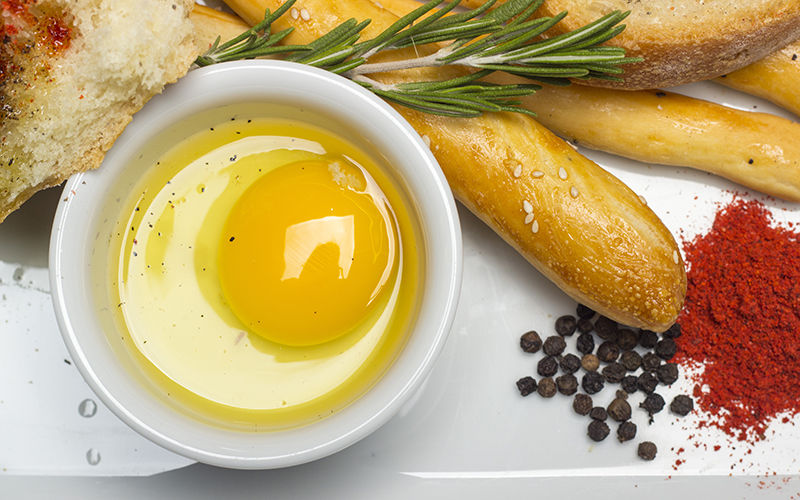Laetare Sunday, the 4th Sunday in Lent, is an oasis in the liturgical desert. In the midst of our Lenten fasting and desolation, while sorrowfully meditating on the suffering and death Christ endured to free us from death, hell and sin, the Church bids us look ahead to the joy awaiting us.
This Sunday’s Old Testament reading tells of Joshua finally bringing the Israelites into the land promised by God. Significantly — the sacred writer takes pains to describe — the manna which had sustained the people during 40 years of wandering ceases to fall. They were home.
In the Gospel, Jesus tells the parable of the prodigal son. Having wasted his life and his fortune the young man realizes his folly. Filled with penitential resolve he resolutely heads home. His formerly grieving father brushes aside the boy’s contrite request to be regarded as a servant, honoring him with a grand banquet instead. His beloved son had come home.
The joy of homecoming touches all lives in one way or another: a child on his first day at school; soldiers and sailors on tours of duty; families on vacation; employees on assignment; hospital patients; addicts giving up drugs; and former Catholics waking up to the intellectual dishonesty that God is a myth.
Ultimately, we look for a rousing homecoming in heaven. As Shakespeare observed in “Twelfth Night” (Act II, Scene III): “Journeys end in lovers meeting, every wise man’s son doth know.”
This Sunday’s Scripture points to the same analogy. After death the faithful have no further need of the Holy Eucharist, the Bread of Life which sustains us throughout life’s sojourn. In heaven we will be welcomed to the Wedding Supper of the Lamb and know our God face to face, ecstatically embraced by Divine Love.
Ingredients for Ouefs Au Buerre Noir
(Eggs in black butter)
2 eggs
2 tsp. white vinegar
2-4 cups salad greens (baby kale, spinach or pre-packaged salad mix)
1-2 splashes of balsamic vinegar
2-4 tbsp. butter
Cayenne pepper or paprika (to taste)
Cooking Instructions
The versatile egg is delicious on toast, hash, pancakes, etc. This rendition is characterized by subtlety, simplicity and elegance, which makes it perfect for Lent, dieting or anytime we’re called upon to make a dish both loving and delicate.
On a plate, make a bed of raw or gently sautéed greens. Texture is important! Use tender greens like baby kale or spinach and, if it’s Saturday morning, perhaps some leftover salmon from the night before, warmed or left cold, crumbled over the greens. Be creative. Just stay true to the delicacy of the dish.
In a sauce pan or a skillet, boil some water to poach eggs. Add one teaspoon of white vinegar per egg to keep the whites cohesive. Since it’s Lent, let’s make only two eggs.
When the water comes to a rolling boil drop in the eggs. After a minute or two, splash some of the boiling water over the eggs to cook the tops. Test their firmness with your finger every once in a while. If you cover the pan splashing is unnecessary and the eggs will cook faster. Poaching takes three to five minutes. When the eggs are cooked to your liking, place them on the greens.
Discard the water. In the pan brown the butter, then remove from heat. Add a few sprinkles of balsamic vinegar and stir. Be gentle; don’t start a grease fire and don’t drown the butter. Pour the black butter sauce over the eggs, garnish with cayenne pepper or paprika, and serve.
One of many versions of a French, Cajun, and Creole classic, this simple dish has a lesson to teach: Lent is a time for hope as well as for penance. Rather than throw pleasure to the wind with pharisaical abandon, we can exchange processed meat and cereal for two lovingly prepared eggs, a few greens, some butter and a little spice.
The fiber and protein satisfy hunger. The greens bring some bitterness. The eggs give savor. The sauce adds a buttery sweet-and-sourness. The pepper — heat.
Served with coffee, the earthy green, black and white remind us that this is a time for austerity, and the cayenne reminds us of the blood shed for our sins.
But the golden egg yolks call to mind the glories of Easter and journey’s end, the life of the world to come.

